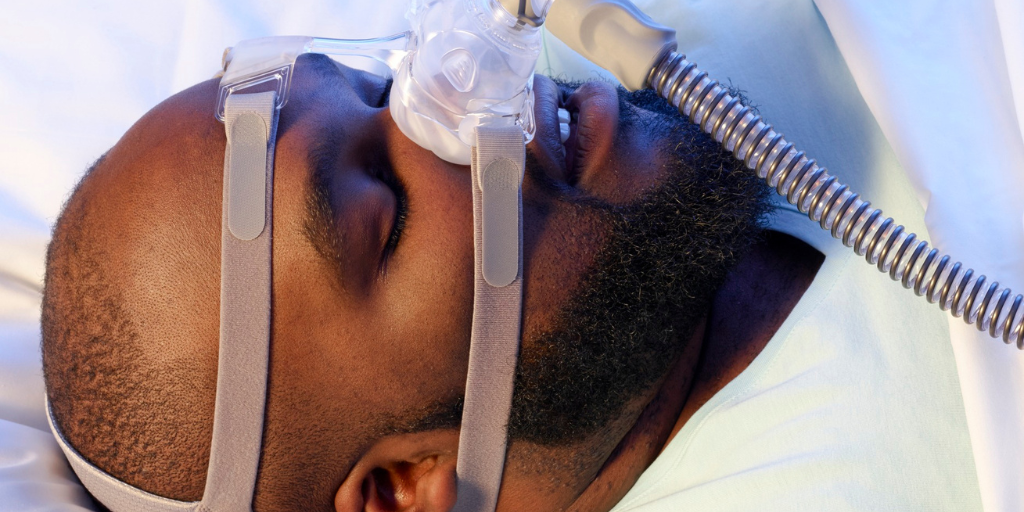Sleep apnoea (SA) is a condition where there is a narrowing or obstruction of the upper airway which can lead to limited airflow, loud snoring and episodes of breath holding. The disruption to sleep leads to daytime fatigue.
Over recent years, the importance of diagnosing obstructive sleep apnoea has been recognised due to the clear association between the condition and a variety of cardiovascular and metabolic diseases such as ischemic heart disease, heart failure, cardiac arrhythmias, and diabetes.
The Challenge
The University of Essex required an assessment of the commercial opportunities for a novel personalised sleep apnoea lifestyle intervention.
The standard treatment for sleep apnoea is to use Continuous Positive Airway Pressure (CPAP) therapy. However, CPAP only alleviates symptoms, it does not attempt to address any root cause. Clinicians participating in the sleep apnoea market assessment also estimated that up to 30% patients do not tolerate CPAP therapy.
The Approach
Accelerate Associates surveyed clinicians in both private and NHS practice in primary care and secondary care settings as well as commercial providers of sleep apnoea related goods and services.
In addition to GPs, Respiratory Consultants and Consultant Cardiologists were interviewed as part of the market assessment.
An online survey of UK adults provided indicators of the level of public awareness of sleep disorders and enabled data to be gathered regarding the use of sleep aid or sleep disorder apps.
Testimonial
“We are really pleased with the market assessment delivered by Accelerate. The report provided useful feedback from clinical and industry participants and recommendations for next steps. From the work done with Accelerate, we have been able to engage with interested clinicians to plan some early trialling of the intervention.”
The Results
Some of the key themes raised by clinicians included:
- Co-morbidities observed in SA patients include hypertension, cardiac disease, obesity, diabetes, anxiety, and depression.
- The majority of clinicians interviewed indicated that the number of sleep apnoea patients is increasing and that the condition is underdiagnosed. There is a recognised link between atrial Fibrillation (AF) and sleep apnoea amongst Consultant Cardiologists.
- The majority of primary care clinicians interviewed felt that it would be beneficial for diabetes patients to be routinely screened for sleep apnoea.
- Access to sleep services for SA diagnosis is variable across England, with long waiting times in some areas.

Philippa Bevan has over 25 years commercial and public sector experience in marketing, market research and product management spanning the education, laboratory, medical device, technology transfer and packaging industries. Philippa has a BSc (Hons) in Microbiology and Virology and is a Chartered Marketer.





